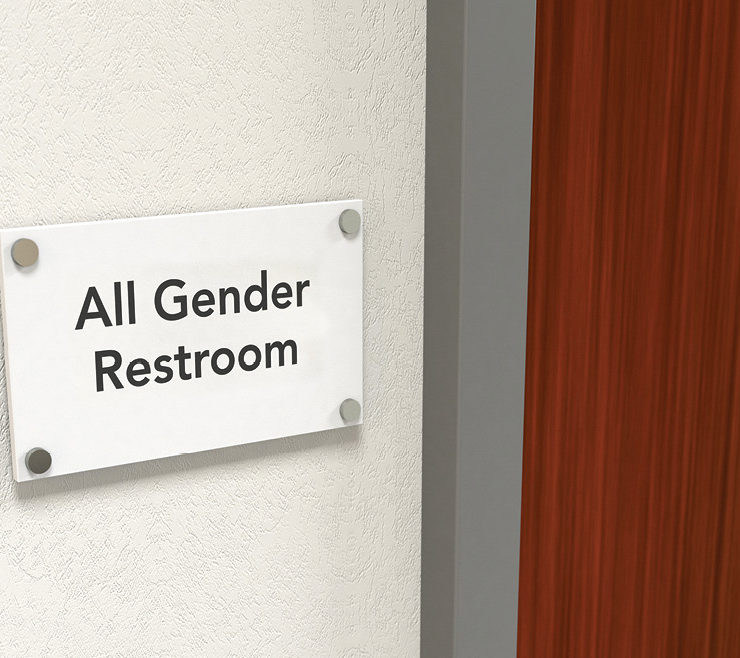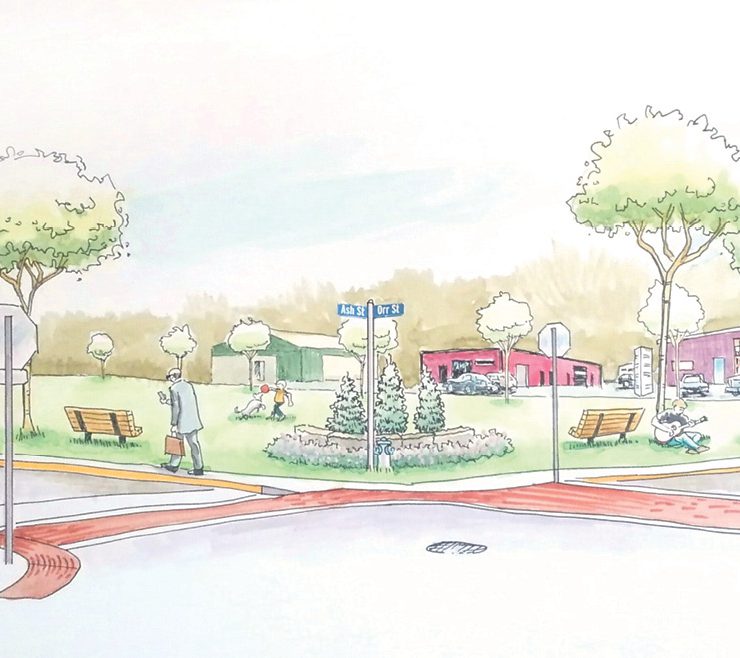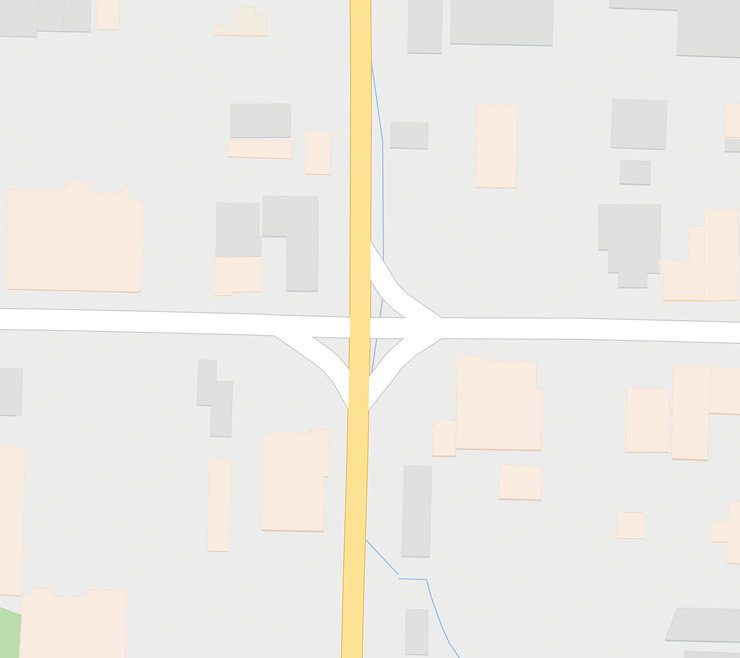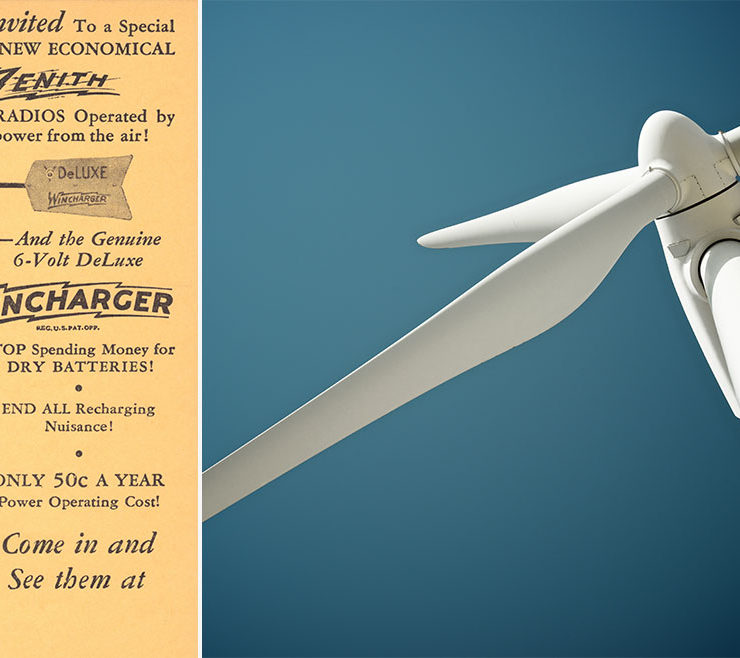Opinion: The Road Not Always Taken
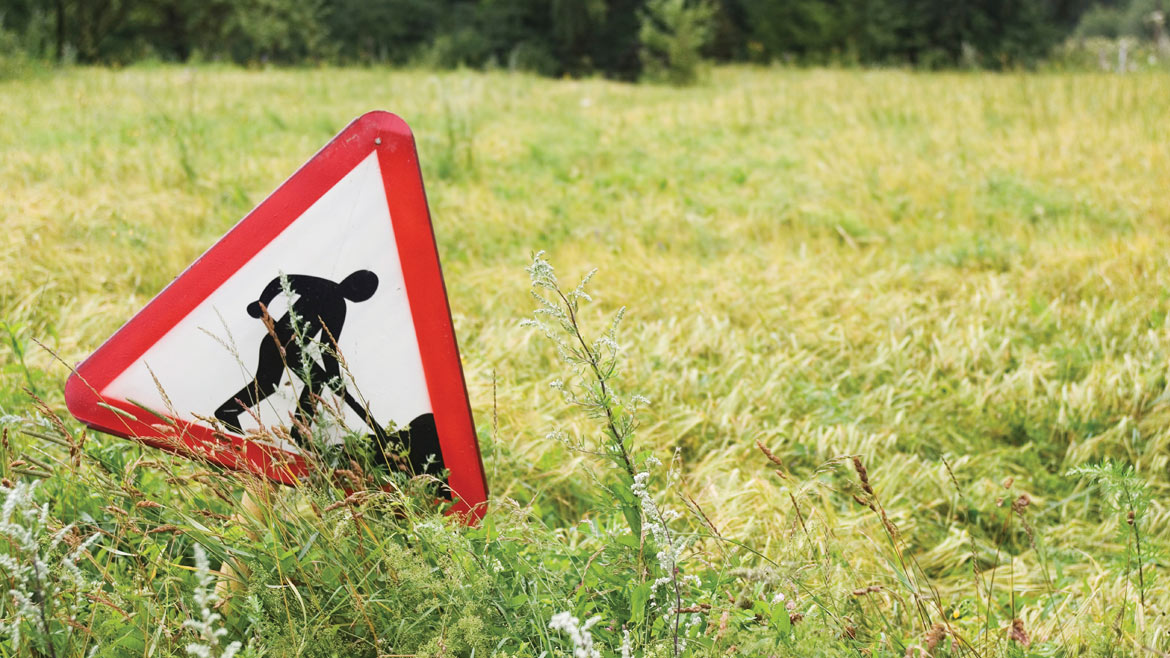 On November’s ballot, voters will decide on increasing the tax on motor fuel by a total of 10 cents over four years, raising the tax from its current 17 cents per gallon to 27 cents per gallon. The proceeds of the tax are intended for the operations of the Missouri Highway Patrol and road construction projects. In the past, Missourians have been pretty stingy in allocating tax money for roads and bridges despite the increasingly apparent need.
On November’s ballot, voters will decide on increasing the tax on motor fuel by a total of 10 cents over four years, raising the tax from its current 17 cents per gallon to 27 cents per gallon. The proceeds of the tax are intended for the operations of the Missouri Highway Patrol and road construction projects. In the past, Missourians have been pretty stingy in allocating tax money for roads and bridges despite the increasingly apparent need.
In 1919, the first major stretch of concrete road in Missouri was constructed. It was 15 miles long and cost $500,000 to build. That’s when drivers across the state began to clamor for their own paved roads to accommodate their faster, more modern forms of transportation.
By citizen initiative, Missouri passed its first fuel tax in 1924. It was two cents per gallon and was intended for the construction of a state highway system. Since then, Missouri has raised the fuel tax only five times — twice at the polls and three times by action of the state legislature. Missourians last approved a fuel tax increase for a phased-in plan that increased the tax by six cents between 1992 and 1996, which resulted in our current rate.
Despite the low tax rate, Missouri has managed to develop the seventh largest system of highways and built the sixth highest number of bridges in the nation, but this only happened because money for these projects also came from federal and local coffers. According to the transportation task force put together by the state legislature last year, Missouri ranks number 47 in its overall level of funding for road and bridge construction and maintenance, meaning Missouri doesn’t have enough money to take care of what’s been built and even less money to build roads needed to accommodate growth.
The task force estimates that Missouri has an annual, unmet transportation funding need of $825 million; the low motor fuel tax rate is the major contributing factor to the deficit. They suggested increasing the fuel tax by 10 to 12 cents for gas and diesel fuel, diverting other revenue sources to roads and bridges, and looking into alternative fuel taxes to supplement traditional fuel tax revenues that are declining due to the rise of more fuel-efficient vehicles.
By a split, but very bipartisan, vote, the legislature decided to kick this issue to the voters for November.
The proposition on the ballot will read, “Shall Missouri law be amended to fund Missouri state law enforcement by increasing the motor fuel tax by two and one-half cents per gallon annually for four years beginning July 1, 2019, exempt Special Olympic, Paralympic, and Olympic prizes from state taxes, and establish the Emergency State Freight Bottleneck Fund?”
The fiscal note attached explains what this proposition is intended to do. “If passed, this measure will generate at least $288 million annually to the State Road Fund to provide for the funding of Missouri state law enforcement and $123 million annually to local governments for road construction and maintenance.”
Breaking the Proposition Down
Let’s break this ballot issue down into its three major components.
First, according to this proposal, if you win a gold medal in the Olympics, the state will not tax you on the value of your prize. Why is this included in a proposition to build and fix roads? It’s because the original legislation started with the Olympic exemption. Lawmakers added the other provisions to this bill to avoid having to write a new bill.
Second, another part of this proposal creates the Emergency State Freight Bottleneck Fund. In essence, this becomes a dedicated bank account for major road and bridge projects, and it depends on annual appropriations from the legislature. Money in this fund will include funds made possible by the passage of the new fuel tax and may also include alternative sources depending on future actions by the legislature. Projects will be required to meet specific standards in order to become eligible for funding from this source, and if there are more projects on the list than there are funds in the account to cover them all, they will be prioritized by need of importance.
There will always be more projects than available money, and there is no guarantee that any specific project in any specific part of the state will receive funding. That fact alone makes some lawmakers uneasy about this new proposal.
Lastly, we get to the real meat of the proposition. This legislation would phase in a motor fuel tax increase over the course of four years starting in July 2019. The total increase would be 10 cents per gallon on all motor fuels, making Missouri’s fuel tax 27 cents per gallon by July 2022. That includes both gasoline and diesel fuel.
Other provisions of the new law would eventually extend the tax to all other forms of “motor fuel” including compressed natural gas, propane, hydrogen, and even electricity used for charging electric cars. The alternative fuel tax implementation follows a slightly different timetable than the gas and diesel phase-in, and complicated diesel/gallon equivalency formulas still need to be constructed, but everything should be on schedule for equivalent taxation rates by the end of 2023. Overall, the new tax plan should raise more than $400 million in revenue per year.
Now, go back to the report from the transportation tax force. It says Missouri has unfunded transportation needs of more than $825 million per year. The new tax plan raises about half that amount annually.
Funding the Highway Patrol operations from new fuel tax revenues should free up enough money in the overall budget to allow significant increases in road building and maintenance programs, and the creation of the Freight Bottleneck Fund insures a mechanism for dedicating some funds for specific transportation needs, but the total amount of fuel tax funds spent on actual new road projects will be less than $400 million per year, leaving the remaining $425 million or more in unfunded needs in limbo.
The average state fuel tax rate in the U.S. is right at 30 cents per gallon, and acceptance of this proposed increase would move Missouri from a virtual tie for last place in funding to the safer middle ground.
Our road system serves as the transportation backbone for every segment of business and everyday life in this state from small retail to farming to tourism to manufacturing and service industries. This plan shares the cost equitably between both in-state and out-of-state interests who use our highways.




